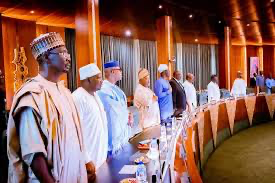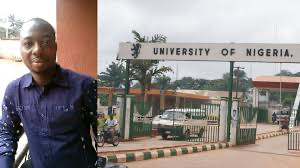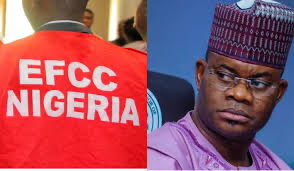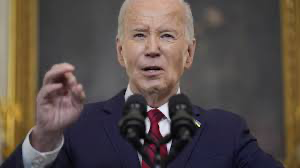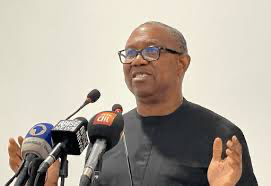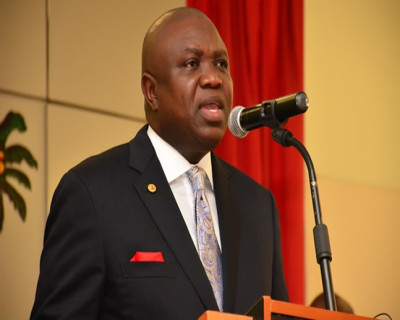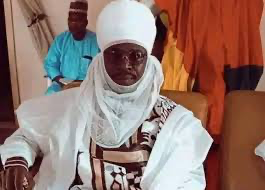Russian President, Vladimir Putin can safely head to Hungary, South Africa’s a maybe, but much of the rest of the world may be out for him: An arrest warrant issued by the International Criminal Court threatens to not just shrink the Russian leader’s world but to divide everyone else’s, undermining efforts to isolate the Kremlin over its actions in Ukraine.
This week, two of the countries who remain relatively friendly with the Kremlin were the first to signal a split over a crucial question facing countries around the globe: Would you arrest Putin if he set foot on your soil?
On the day that Ukraine signed an agreement to establish an ICC office in the country, allowing the international body to more closely investigate allegations of war crimes that Russia has consistently denied, the two countries — both members of the court — indicated they might not comply with the arrest warrant.
Though both Hungary and South Africa are signatories to the Rome Statute, which established the court in 1998, neither country could commit in recent days to executing the arrest warrant if Putin crossed their borders. Their public reticence comes after Secretary of State Antony Blinken urged all members of the court to fulfill their obligations — and after Moscow warned that doing so would amount to a declaration of war.
Gergely Gulyás, who serves as Hungarian President Viktor Orbán’s chief of staff, claimed that Budapest had not worked the international court into its legal system. While Hungary “had not formed a stance” on the arrest warrant, he believed it moved “things toward further escalation and not toward peace.”
“We can refer to the Hungarian law and, based on that, we cannot arrest the Russian president,” he said, according to Reuters, “as the ICC’s statute has not been promulgated in Hungary.”
South Africa, meanwhile, said it was aware of its legal obligation to the ICC, but its leaders said it still planned to invite Putin to Johannesburg for an August summit of leaders of major developing countries — Brazil, Russia, India, China and South Africa, known collectively as “BRICS.” South Africa, which has remained neutral about Russia’s invasion and held military exercises with Moscow, said it would continue to consult with stakeholders. On Friday a government minister said the country was awaiting a new legal opinion on the subject.
“We are awaiting a refreshed legal opinion on the matter and we continue to be a member-state of the Rome Treaty,” Naledi Pandor, minister of international relations and cooperation, told South African Broadcasting Corp. on Friday. “We are concerned about the situation of the people of Ukraine. What we would want to do is be in a position where we could continue to engage with both countries to persuade them towards peace.”
The foreign ministries of Hungary and South Africa did not respond to requests for comment.
NBC News also contacted the 17 countries that are signatories of the Rome Statute and did not vote to condemn Russia in the U.N. General Assembly last month. None responded, potentially signaling Putin could also be safe to visit countries like Bangladesh, Bolivia, El Salvador.
The ICC, which is based in The Hague, Netherlands, accused Putin last week of overseeing the alleged war crime of the unlawful abduction and deportation of children from Ukraine to Russia. It issued an arrest warrant for him, which should make him persona non grata in all 123 countries that signed the Rome Statute.
The announcement will carry little more than symbolic weight, however, unless countries promise to fulfill their legal obligation.
The court does not have a police force and thus has no capability to act on an arrest warrant that it issues. Instead, for it to function, it relies on those 123 countries to cooperate and use their own law enforcement bodies to detain suspects if they cross their borders.
The ICC, however, remains firm about the treaty. “States parties have the legal obligation to cooperate with the Court within the framework of part 9 of the Rome Statute,” Fadi El Abdallah, a spokesperson for the court, said via email.

